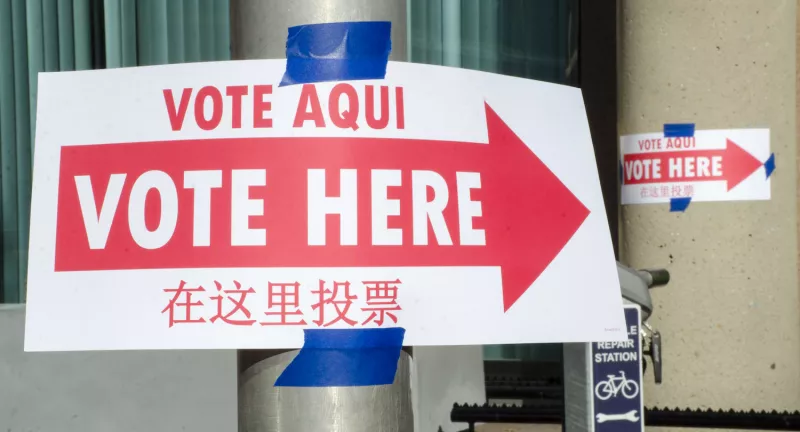Academic Research
-
Working Paper
The Effect of Deactivating Facebook and Instagram on Users’ Emotional State
Working Paper, April 2025
We estimate the effect of social media deactivation on users’ emotional state in two large randomized experiments before the 2020 U.S. election. People who deactivated Facebook for the six weeks before the election reported a 0.060 standard deviation improvement in an index of happiness, depression, and anxiety, relative to controls who deactivated for just the first of those six weeks. People who deactivated Instagram for those six weeks reported a 0.041 standard deviation improvement relative to controls. Exploratory analysis suggests the Facebook effect is driven by people over 35, while the Instagram effect is driven by women under 25.
-
Working Paper
The Effects of Political Advertising on Facebook and Instagram Before the 2020 US Election
Working Paper, May 2025
We study the effects of social media political advertising by randomizing subsets of 36,906 Facebook users and 25,925 Instagram users to have political ads removed from their news feeds for six weeks before the 2020 US presidential election. We show that most presidential ads were targeted toward parties’ own supporters and that fundraising ads were most common. On both Facebook and Instagram, we found no detectable effects of removing political ads on political knowledge, polarization, perceived legitimacy of the election, political participation (including campaign contributions), candidate favorability, and turnout. This was true overall and for both Democrats and Republicans separately.
Reports & Analysis
-
Analysis
Latinos Who Use Spanish-Language Social Media Get More Misinformation
That could affect their votes — and their safety from covid-19.
November 8, 2022
News & Commentary
-
Policy
Comments on Ofcom’s Call for Evidence on Researcher Access
We responded to Ofcom’s public request for evidence on researcher access to online service data for safety research, highlighting barriers researchers face when accessing social media data, the challenges of limited information sharing, potential ways to improve data access, and examples of robust data-sharing practices.
July 26, 2025
-
Policy
Feedback on the EU's Digital Services Act
The European Commission's Digital Services Act is a critical step towards supporting data access for independent research. We submitted comments on this legislation, advocating for structures and mechanisms that would ensure secure and standardized data sharing.
December 9, 2024


